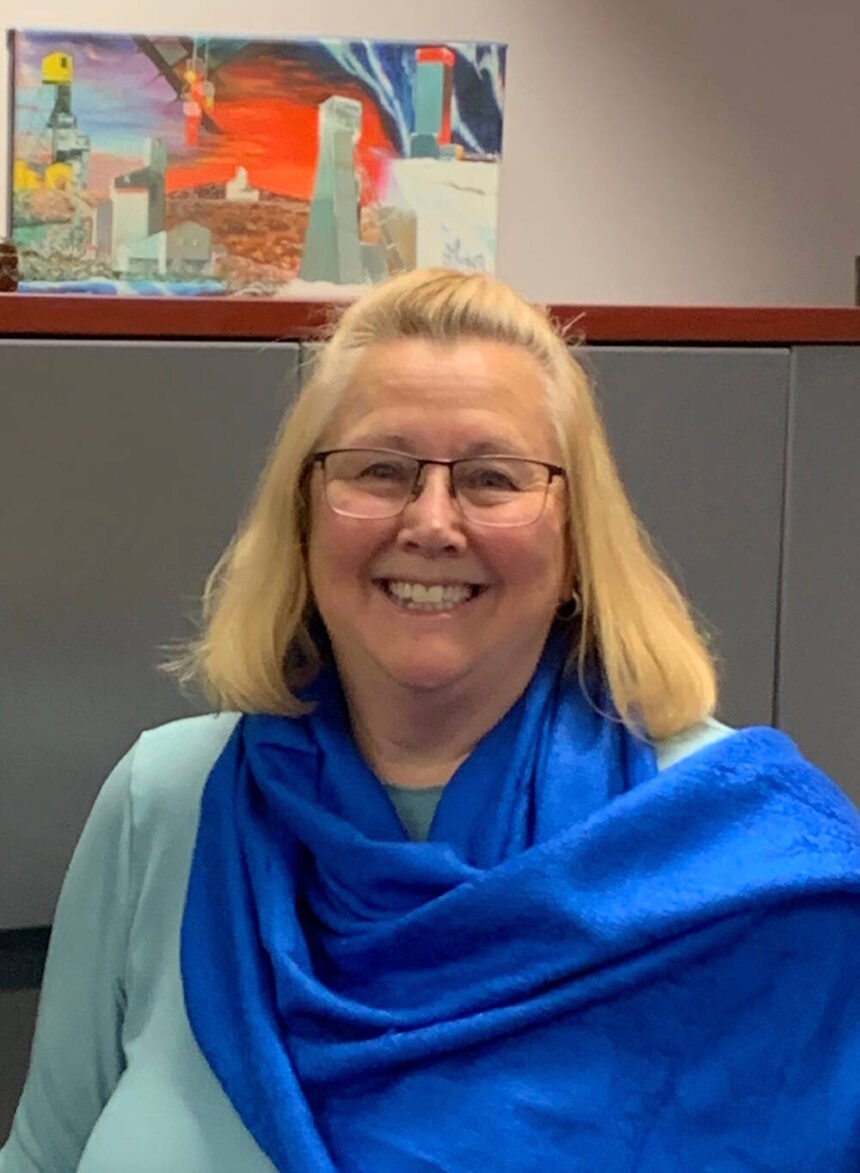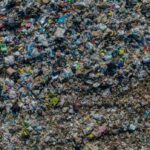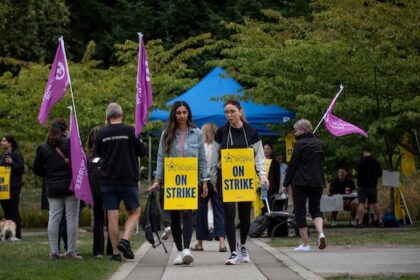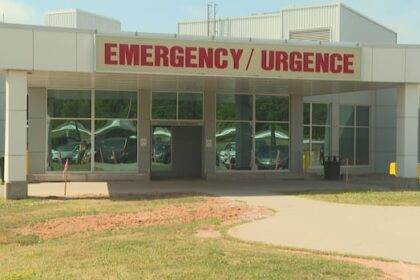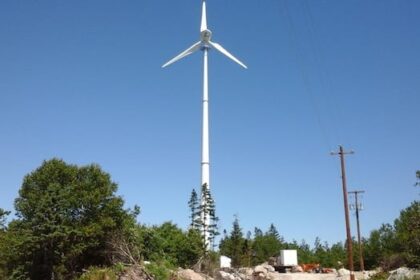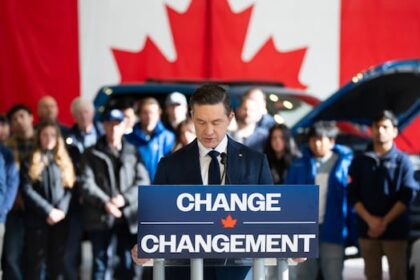By Jill Westerman The executive director of the NWT & Nunavut Chamber of Mines says Canada’s North is now under the spotlight when it comes to mineral exploration and climate research projects. The 53rd Yellowknife Geoscience Forum — to be held Nov. 25-27 — will provide the opportunity for industry, researchers and government officials to address challenges and opportunities that exist in today’s resource sector. “We’re very excited about how the showcase sessions, which were introduced in 2023, have become even more developed and very complementary to what has been one of the great strengths of the geotechnical forum, which has been the technical program,” said Karen Costello. “We’re kicking things off with an Arctic economic and security corridor panel. And then we’re particularly thrilled to welcome the Canadian Chamber of Commerce, who are hosting an energy and mineral development roundtable for Tuesday afternoon [Nov. 25],” she said. A series of seven sessions will be held during the event. Topics will include geoscience and exploration, energy in Canada’s North, permafrost, environmental monitoring and research, Northern lakes in a changing climate, community engagement, and regulatory and policy updates. Because the North is now prominent in the national conversation, Costello said the forum will also examine what is needed to deliver the next generation of mineral resource projects, noting that a panel on Indigenous economic leadership in mineral development will take place, along with a “very interesting conversation” on Arctic security, investment and critical minerals. The North’s mining industry has been around for more than 90 years and has provided many opportunities for employment, Costello said, noting that the Northern economy has, at times, benefitted greatly from mining. “And with the current generation of producers in the NWT, (there is) an opportunity for Indigenous development corporations to develop businesses so that they are very much a part of the resource sector. “It’s not only the direct benefits, but the induced benefits that come from mining which are often overlooked when one thinks about the impacts of mining to the Northern economy.” Exploration needed According to Statistics Canada, mining (combined with quarrying, and oil and gas extraction, which is relatively sparse in the North) accounted for 46.7 per cent of Nunavut’s gross domestic product in 2023 and 22.1 per cent in the same year for the Northwest Territories, although Costello noted that the NWT percentage has since declined. She’s hopeful that NWT Premier R.J. Simpson will support the “red alert” issued by Range Lake MLA Kieron Testart over the decline of mining in the territory. “If he [Simpson] is supporting that, that’s excellent, and similar to his previous statements, I think in the budget address from last year, when he committed to working tirelessly to support the industry, I’d like to see how that statement is manifested into direct action by the territorial government, because we do need to see activity in the full mining cycle,” said Costello. “Exploration is a part of that, and you need to keep exploration going to find that next generation of mines. It needs to keep what we call the project ‘pipeline fit.’ and exploration is needed. “So we’re really looking forward to seeing how the GNWT is going to basically create an environment that attracts investment, that provides regulatory certainty,” Costello said. Nunavut land use In Nunavut, a significant issue being worked on is the recommended Nunavut land-use plan, which has been with the signatory since 2023, she said, adding that it will be a matter to be addressed by the newly-elected legislative assembly. And while much of the exploration currently happening in Nunavut is being driven by the existing producers — Agnico Eagle, Baffinland, and B2Gold — Costello said the territory is seeing some interest in the critical minerals field as well. “There has been increased uranium exploration, as well as some copper exploration, and nickel PGs. So it would be very useful to get some certainty on where the signatories stand with the land-use plan, and that could be very much useful, but Nunavut, like NWT, is still faced with the fact that work is very expensive. “One of the things that the Chamber has been advocating for, and we know this is something that’s shared by the territorial governments, is advocating the federal government for a North of 60 mineral exploration tax credit. So this is a 40 per cent tax credit for direct investment and exploration that has the potential to attract new investment for grassroots exploration work, which is what we need,” she said. Varied guest speakers This year at the forum, Costello said the NWT premier will be a keynote speaker and the Charles Camsell Public Lecture Series will feature Professor Jasmin Raymond, author of multiple papers on geothermal energy in the North. Other speakers will include Professor Duane Froese from the University of Alberta Department of Earth and Atmospheric Sciences, Pierre Gratton from the Mining Association of Canada, and Karen Rees from the Prospectors & Developers Association of Canada. Events will take place at the Chateau Nova and the Explorer Hotel. For more stories from NWT & Nunavut Mining, click here.
Thursday, 5 Mar 2026
Canada – The Illusion
Search
Have an existing account?
Sign In
© 2022 Foxiz News Network. Ruby Design Company. All Rights Reserved.
You May also Like
- More News:
- history
- Standing Bear Network
- John Gonzalez
- ᐊᔭᐦᑊ ayahp — It happened
- Creation
- Beneath the Water
- Olympic gold medal
- Jim Thorpe
- type O blood
- the bringer of life
- Raven
- Wás’agi
- NoiseCat
- 'Sugarcane'
- The rivers still sing
- ᑲᓂᐸᐏᐟ ᒪᐢᑿ
- ᐅᑳᐤ okâw — We remember
- ᐊᓂᓈᐯᐃᐧᐣ aninâpêwin — Truth
- This is what it means to be human.
- Nokoma


